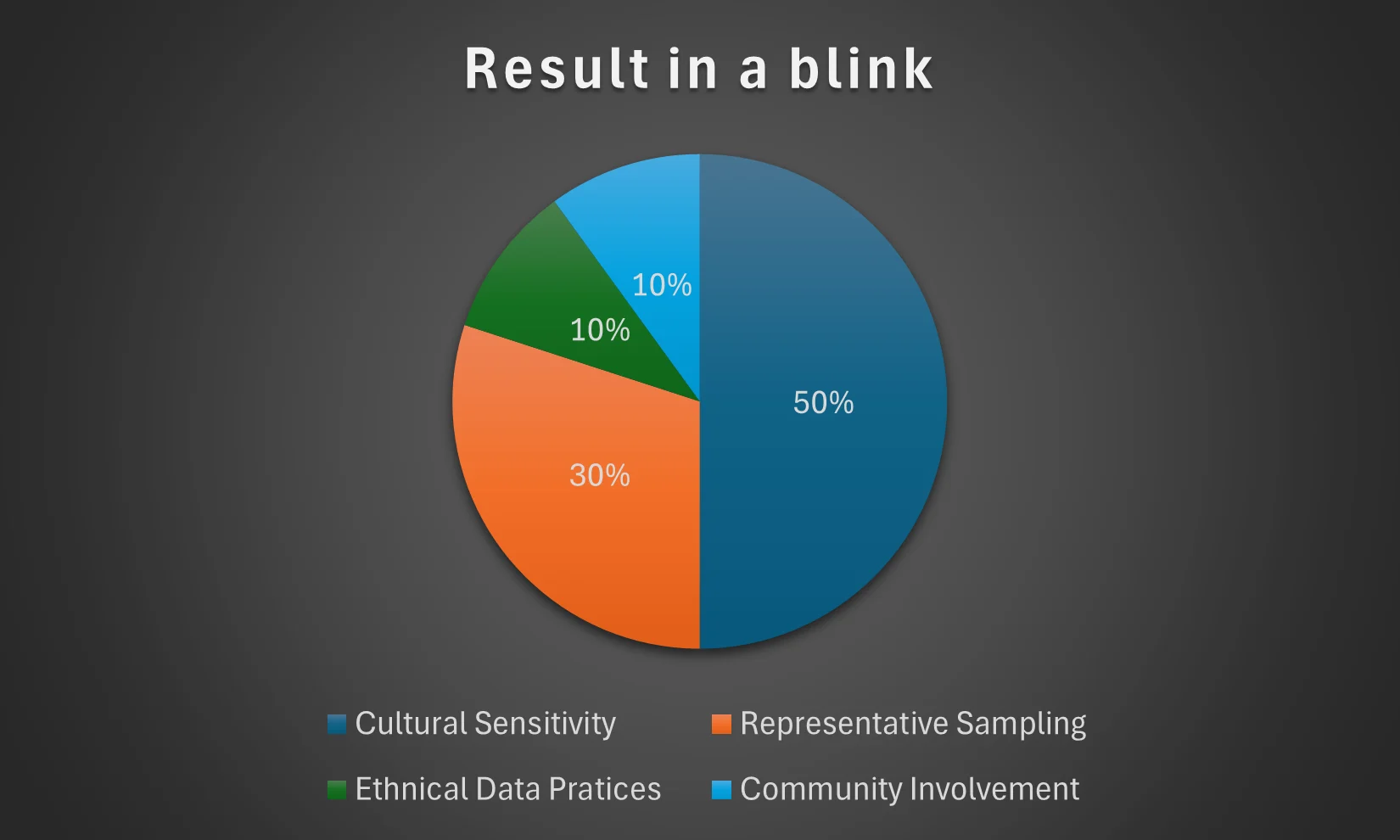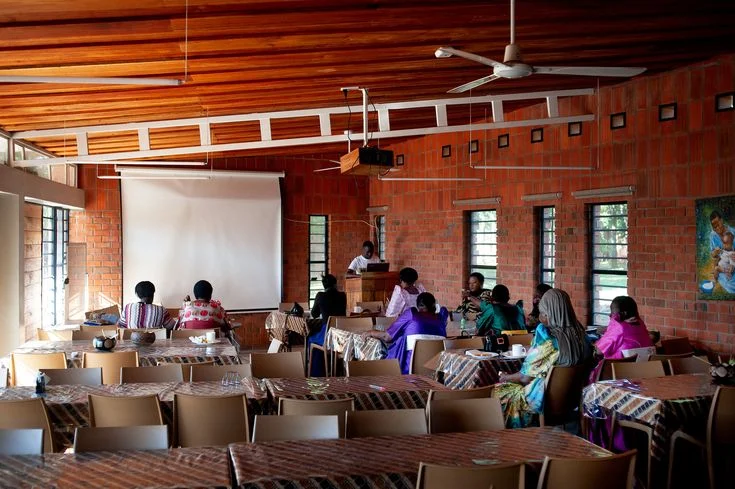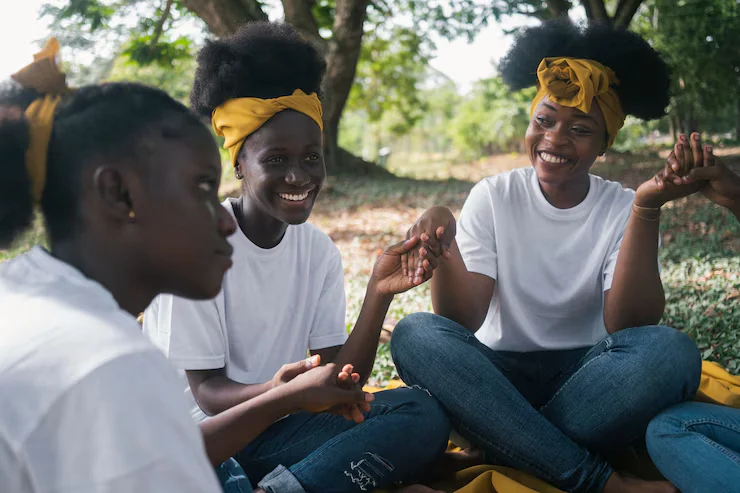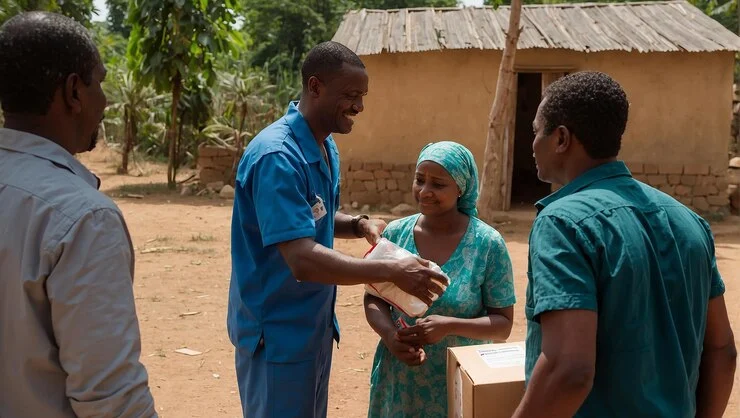What truly makes social research effective in diverse communities?
A recent LinkedIn poll asked professionals in the research industry:
“What’s the most important factor when conducting social research in diverse communities?”
Here’s how they responded:
- Cultural Sensitivity -50%
- Representative Sampling -30%
- Ethical Data Practices-10%
- Community Involvement-10%

The result? Cultural sensitivity emerged as the top priority.
This highlights a growing recognition among researchers, fieldworkers, and organizations: you cannot separate research accuracy from cultural respect. In communities rich in tradition, language, and identity, sensitivity to these differences isn’t a bonus, it’s the baseline.
What Is Cultural Sensitivity in Social Research?
Cultural sensitivity means recognizing, understanding, and respecting the diverse values, communication styles, beliefs, and experiences of the communities you’re studying. In social research, this extends to everything from the words you use in a questionnaire to the tone of voice during interviews.
Without cultural sensitivity, even the most scientifically sound research can fail. Here’s why:
- Participants may misunderstand your questions
- Respondents may disengage or feel exploited
- Data can become distorted, biased, or outright inaccurate
- Communities may reject or resist follow-up efforts
Cultural sensitivity builds trust, and trust builds better data.
Digging Deeper into the Poll Results
While cultural sensitivity led with 50%, the other options remain critical pillars of sound research.
Representative Sampling (30%)
Sampling ensures you’re not just talking to a few voices, but hearing from the full spectrum of a population. It gives your findings balance and fairness. However, if your sample is representative but culturally disconnected, your results still miss the mark.
Ethical Data Practices (10%)
Every participant has the right to privacy, informed consent, and transparent use of their data. But even the best ethical frameworks fall short if they ignore local customs or misinterpret consent within a cultural context.
Community Involvement (10%)
Engaging local communities in the design and execution of research builds ownership, trust, and deeper insights. It’s not just about asking questions, it’s about co-creating solutions.
How to Apply Cultural Sensitivity in Your Research Projects

Here are practical ways to ensure cultural sensitivity in your next fieldwork or social research initiative:
- Hire local data collectors who speak the language and understand the norms
- Translate and localize questionnaires, not just word-for-word, but conceptually
- Respect traditional leaders and social structures, introduce yourself, gain their blessing
- Avoid intrusive questions around taboo subjects without proper framing
- Listen before asking-build rapport before jumping into data collection
- Be flexible and open-minded when communities resist certain formats or questions
Why It Matters in Africa and Beyond

In many African countries and other diverse regions, communities are shaped by unique colonial histories, indigenous knowledge systems, and religious values. Applying a “one-size-fits-all” research model across these settings is ineffective and often harmful.
Cultural sensitivity is what transforms your research from being about the people to being with the people.
The data may speak, but how you collect it determines what it says. Cultural sensitivity in social research isn’t just a best practice it’s the foundation of integrity, accuracy, and impact.
When we lead with empathy and humility, we unlock insights that are richer, deeper, and more powerful.
Have you had experiences where cultural awareness made or broke a research project?
Work With Insight and Social
At Insight and Social, we bring cultural sensitivity to the forefront of every research and Monitoring & Evaluation project we execute. With presence across 43 African countries a network of local experts, we help development agencies, NGOs, and governments get data that speaks truth with respect.
Ready to run culturally grounded, high-impact research?
Contact Insight and Social today and let’s partner on your next project.





